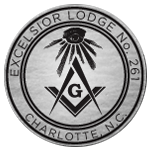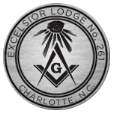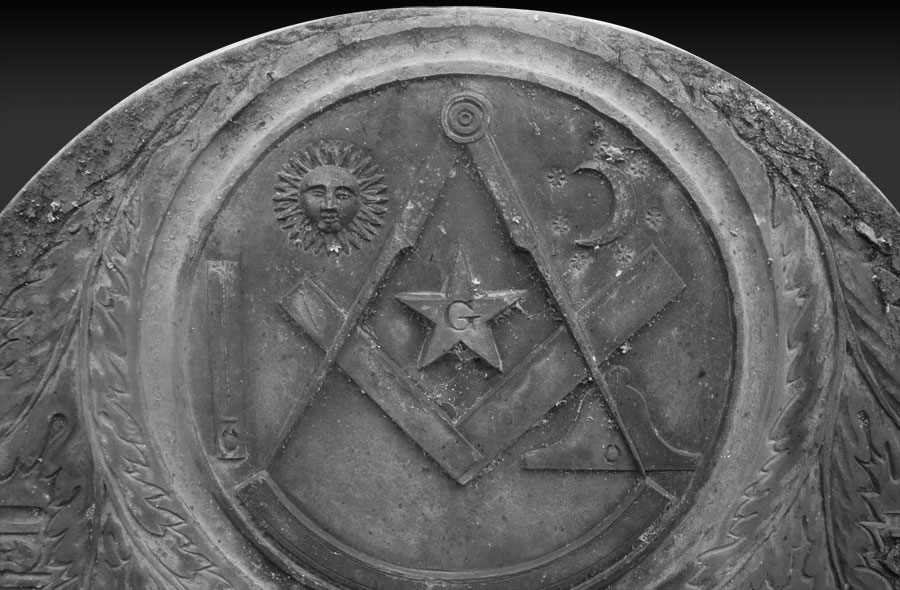Why Freemasonry?
Freemasonry teaches lessons of practical morality using symbolism derived from the “builder’s art” or operative stonemasonry, including working tools such as the plumb, square, and level, and basing much of its teaching on the story of the building of the Temple of Solomon, as recounted in the Hebrew Scriptures. By practical morality is meant knowing what to do in life, rather than being concerned with mere idle speculation about what one should do.
Freemasonry is the world’s oldest and largest fraternal organization. Its members may be found in every free country in the world. There are over one milion Freemasons in the United States alone.
The Symbolic Lodge (or Blue Lodge)
The Symbolic Lodge (also known as the Ancient Craft Lodge, the St. John’s Lodge, and most commonly as the Blue Lodge) is the fundamental body of Freemasonry. No other part of Masonry is accessible until one has received the three degrees of the Symbolic Rite. Excelsior Lodge #261 is a blue lodge.
Admission to membership in the Lodge, as in any body of Masonry, is by petition. Freemasons do not recruit members. (Some jurisdictions have allowed a very limited form of inquiry by a Mason to a friend who might be qualified to become a Mason.) A man who wishes to join the Lodge must request a petition from a Brother. The basic qualifications for membership are that a man be of lawful age (which depends on the jurisdiction; in some states it is 18, and in others, 21), believe in a Supreme Being, be of good character, and request the privilege of membership of his own free choice. There is a fee for the degrees (not unlike tuition for other kinds of instruction), and at least a portion thereof must accompany the petition in most jurisdictions.
Once a petition has been received, the applicant’s character will be investigated by a committee appointed for that purpose. After the committee’s report is received, the candidate will be ballotted on at a meeting of the Lodge. A unanimous ballot is required for election to receive the degrees. (In some jurisdictions, no more than one negative vote.) Not everyone is elected. (It is for this reason that traditionally the applicant must request the privilege of petitioning; in case of rejection, he cannot claim that his friend solicited his membership but was unable to keep his promise.)



